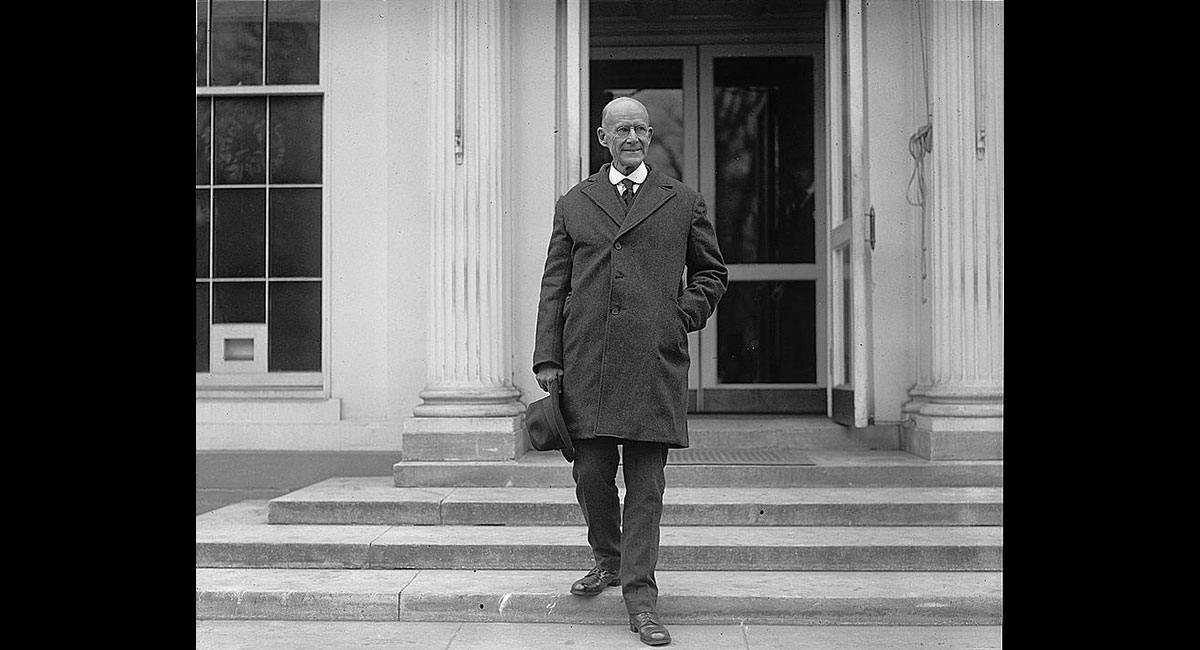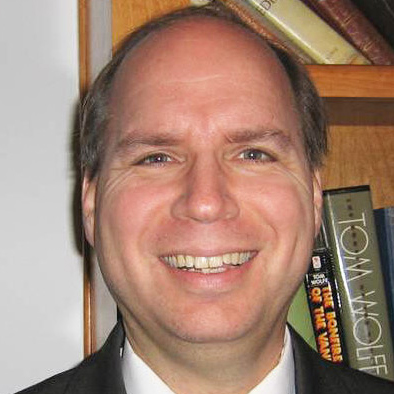Laurence H. Tribe and other prominent legal scholars are proposing that the 14th Amendment makes Donald Trump ineligible for the ballot and from holding public office.
Section 3 of that amendment states that any person “who, having previously taken an oath, as a member of Congress, or as an officer of the United States, or as a member of any State legislature, or as an executive or judicial officer of any State, to support the Constitution of the United States” becomes disqualified from office if that person had engaged “in insurrection or rebellion against the same, or given aid or comfort to the enemies thereof.”
While I deplore Trump’s influence on political discourse and would even walk on hot coals to keep him out of the Oval Office, compelling historical evidence also convinces me that this argument has a fatal flaw: namely, the precedent of Eugene V. Debs.
In 1918, Debs went to jail on sedition charges because he had given a speech in solidarity with three men jailed for obstructing the draft. He said the nation “always taught you that it is your patriotic duty to go to war and slaughter yourselves at their command,” but that citizens “never had a voice in the war.” He continued: “The working class who make the sacrifices, who shed the blood, have never yet had a voice in declaring war.”
While the speech did not specifically endorse illegal acts, prosecutors (and eventually Supreme Court Justice Oliver Wendell Holmes, who rejected an appeal) were convinced that Debs’s hidden intent was to incite such acts. They charged that Debs had purposely used calculating and disingenuous prose, including that he had to be “extremely careful, prudent, as to what I say, and even more careful and more prudent as to how I say it.”
Soon after the speech, Debs was jailed for inciting insubordination in the armed forces and attempting to obstruct recruitment, as well as for language intended to incite resistance to the U.S. government and promote the cause of the enemy. Yet the Socialist Party nominated him for president in 1920. He appeared on 40 ballots, winning over 900,000 votes.
Why didn’t anyone of importance even suggest that federal prisoner Debs, who had once taken an oath as an Indiana legislator to defend the Constitution, might be ineligible for the presidency? Given that he was a potential spoiler and was running during the first Red Scare, someone certainly must have had a powerful motivation to do so. If the 14th Amendment was so embedded in American jurisprudence and “self-enforcing,” as some imply, why the silence?
To be sure, the Debs campaign encountered many obstacles, but these too were revealing. When legislators in New York, for example, made a well-publicized but ultimately unsuccessful effort to deny the Socialists ballot status, their justification was that the party wanted to overthrow the government. Even so, they said nothing about the 14th Amendment in making this argument.
One fallback approach for those hoping to justify the selective application of the 14th Amendment to Trump would be to make a distinction between “sedition” and “insurrection.” But this is pretty much a distinction without a difference. Merriam-Webster’s definition of sedition is “incitement of resistance to or insurrection against lawful authority.”
Moreover, even if the “insurrection” moniker was never applied to Debs, he could have been disqualified for promoting “the cause of the enemy” which is listed in Section 3 as an entirely separate way of “giving aid and comfort to the enemy.”
A final fallback position for advocates of disqualifying Trump would be to abandon any defense of Debs and concede that it would have been proper to disqualify him. That revised justification has the virtue of consistency, but it would also be ironic and disturbing. Do advocates of disqualifying Trump in this way really want to defend an act, even retroactively, that would have snatched away a choice from so many voters? For the sake of expediency, would it be worth throwing that icon of the struggle for civil liberties under the bus?
Regardless, advocates of the 14th Amendment argument have an obligation to confront head-on this historical precedent without evasion or prevarication. If American history is any guide, it is entirely possible that an effort may be made in the future to use Section 3 to disqualify someone who rejects Trump’s views, or even follows in the tradition of Debs.











